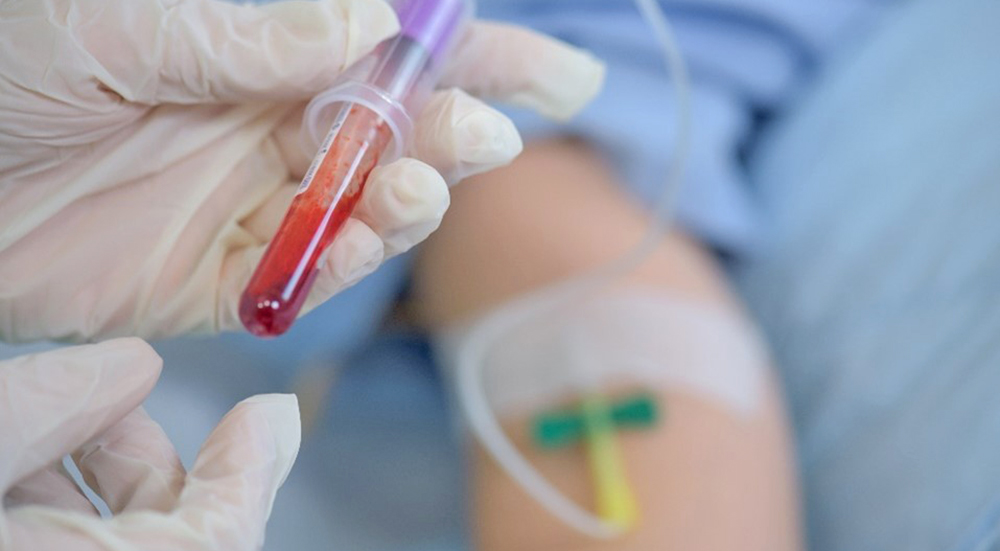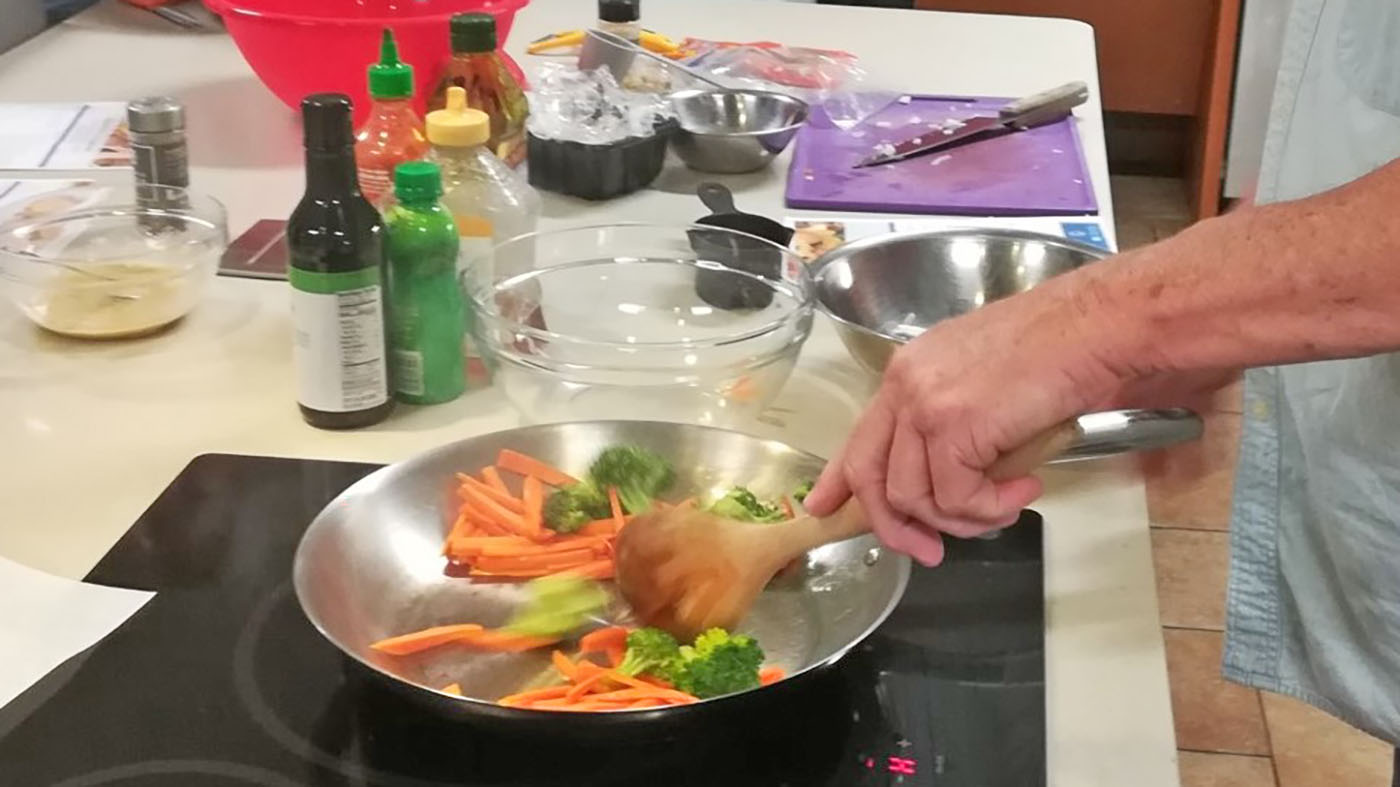Patients will no longer need to fast for most routine blood testing at VA medical centers and outpatient clinics.
The announcement came from the VA Office of Clinical Services, which highlighted that most routine blood tests, including those for managing high cholesterol and diabetes, no longer require overnight fasting for the results to be accurate.
Non-fasting testing a safety matter
“Changing to non-fasting laboratory testing is an important patient safety matter,” said Dr. Scott Pawlikowski, director of Improvement and Innovation, Office of Primary Care. “Research shows that overnight fasting in patients on medications to manage diabetes can lead to serious drops in blood sugar. These low blood sugar events caused by fasting are likely vastly under-recognized and can lead to accidents and injuries. Research also highlights that overnight fasting may negatively affect a person’s ability to make mindful and reasoned decisions.”
Policy shift focused on Veteran safety
Additionally, non-fasting laboratory testing will improve most facility operations and provide more robust infection control standards within VA clinical settings. These changes will reduce bottlenecks for early laboratory and clinical appointments. It will also free up parking lots and waiting rooms in the early daytime hours, which should reduce Veteran wait times, according to primary care officials.
“This policy shift is Veteran focused and geared toward their safety,” Pawlikowski said.
As VA medical centers implement this new policy on their own timetables, patients are encouraged to contact their health care providers with questions regarding non-fasting laboratory tests.
With this change, only a handful of laboratory testing situations will require overnight fasting, which may include formally diagnosing Diabetes Mellitus or uncommonly ordered clinical tests.
Topics in this story
More Stories
VA promotes early nutrition intervention for chronic kidney disease with targeted programs like Heathier Kidneys Through Your Kitchen.
VA Research Advisory Committee on Gulf War Veterans’ Illnesses hosting Veteran Engagement Sessions in Phoenix for 1990-91 Gulf War Veterans.
Navy Veteran and president of the American Medical Association got a colonoscopy and encourages other Veterans to do the same.







Thanks for talking & explaining about this. :-)
How would this change affect liver enzyme tests?
Nonfasting blood Lab Tests fascinating; & welcomed by many. Please provide scientific data to support practice & identify those blood Lab tests that will/ will not require fasting.
Thank you for your newsletters,
Army Nurse, Retired
Not that l have a problem w/fasting, but sounds like alot of folks do. You’d think this no fasting would have come down the pike a long time ago. Just a thought by a layman.
This is wonderful news for my veteran! I am now checking with MY lab, to see if and when it will take this important step in blood testing.
The same could be said about tooth paste, which is full of sugar. I would like to know if this would have an affect on blood? We all brush our teeth and use mouth wash before going to our appointment.
Sugar is only part of the problem.
https://www.dentalhealth.org/news/tooth-brushing-habits-tied-to-risk-of-heart-disease
https://fluoridealert.org/issues/health/cardio/
A1C is a snapshot of your average blood sugar over the prior 3 months. Therefore eating or not eating for the 8 hours prior to taking the test have little or no impact on the results. The A1C is much more important than a single Blood sugar fasting test.
[ https://www.ajmc.com/view/new-cholesterol-test-more-accurate-than-old-test-that-requires-fasting ]
A newer method for calculating low-density lipoprotein (LDL) cholesterol is more accurate than the older method that required people fast before blood was drawn, according to a new study published in Circulation.
The results mean that screening for LDL cholesterol could become more convenient if routine fasting before cholesterol tests was eliminated. The researchers who created the new method found in 2013 that the old method underestimated LDL cholesterol levels, particularly for patients with high triglycerides.
The new method uses a chart with 180 different factors to more accurately calculate LDL cholesterol for the individual.
Thank you to all within the VA striving to keep us healthy and to repair what damage we already have.
How can you get an accurate reading on A1C or B/S with not fasting? Someone who will drink black coffee and other drink coffee with cream and sugar, who do you think will have a higher reading in there sugar test? Cholesterol readings also, how does this work?
Thank you
Exactly . It will show higher numbers so then you’ll get more big pharma chemical drugs that will be a monthly money maker for them and a dependency problem. Notice all pharmacy
Drugs cause dependency and that’s for a reason- repeat customers. Exactly why I try to not take any of those because of that particular reason.
Though honestly I hate fasting tests. At 58 yrs old can’t wake up without coffee and have to drive over an hour to get lab.
That is Great.